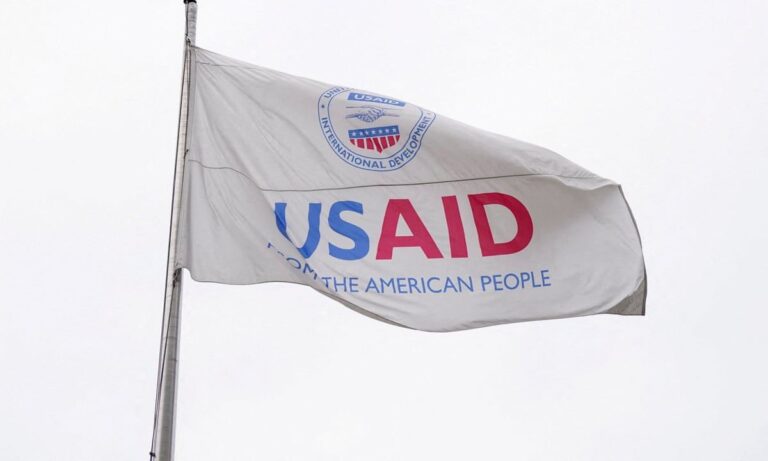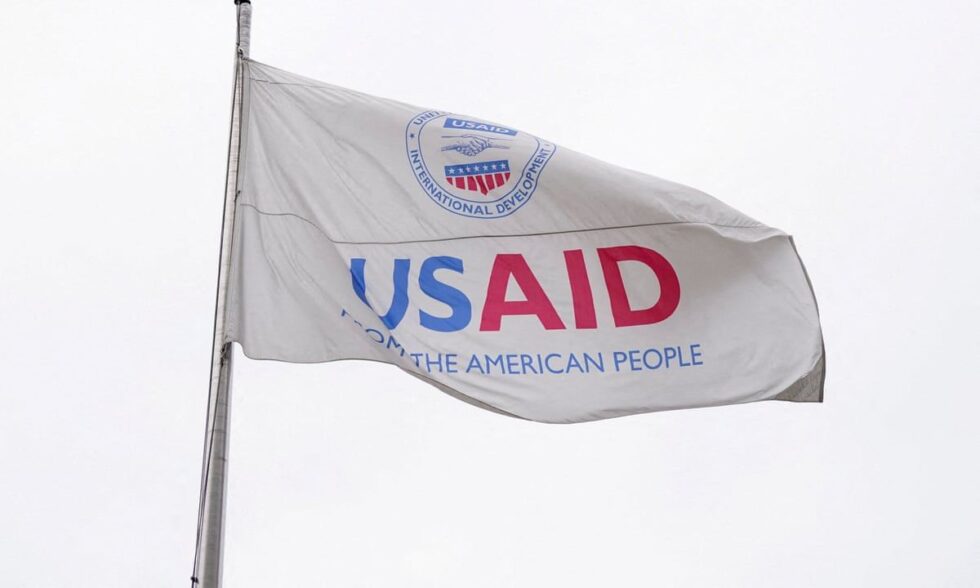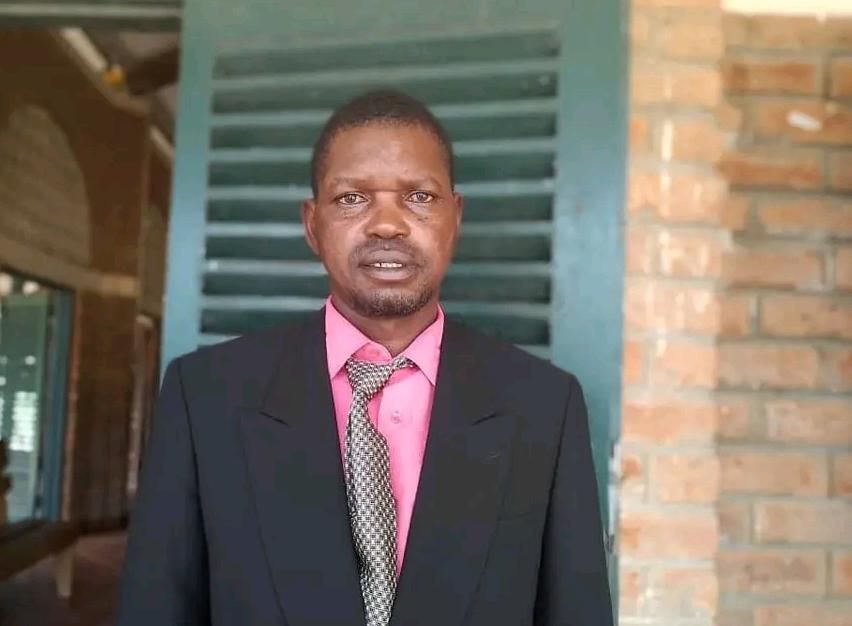By Twink Jones Gadama
US President Donald Trump’s proposal to transfer Palestinians from the Gaza Strip to neighboring Arab countries has sparked widespread outrage and opposition from across the region. Egypt and Jordan, two key US allies, have publicly refused to accept Trump’s plan, citing concerns about regional stability and the potential for chaos.
At the heart of Trump’s proposal is the idea of evacuating Gazans to Egypt or Jordan, either temporarily or permanently, while the Gaza Strip is “cleaned out.” However, this plan has been met with fierce resistance from Palestinian leaders, Arab governments, and the international community.

Egypt’s President Abdel Fattah el-Sisi has been vocal in his opposition to Trump’s plan, describing it as “an injustice that we cannot take part in.” El-Sisi’s concerns are rooted in the potential consequences of absorbing hundreds of thousands of Gazans into Egypt. The country is already struggling to provide for its own population, and the influx of refugees would put a significant strain on its resources.
Moreover, Egypt is concerned about the potential security implications of hosting Gazans. The country has been battling an insurgency in the Sinai Peninsula, and the presence of Gazans could exacerbate the situation. El-Sisi has already complained that Israel’s military actions in Gaza are an attempt “to force civilian residents to take refuge and migrate to Egypt.”
Jordan, too, has expressed its opposition to Trump’s plan. The country’s Foreign Minister, Ayman al-Safadi, has stated that “Palestine is for the Palestinians and Jordan is for the Jordanians.” Jordan is concerned about the potential demographic implications of hosting Gazans, who could potentially alter the country’s delicate balance of power.
Furthermore, Jordan is worried about the economic consequences of absorbing Gazans. The country is already hosting hundreds of thousands of Syrian refugees, and the addition of Gazans would put a significant strain on its resources.
Despite the opposition from Egypt and Jordan, Trump remains committed to his plan. The US President has stated that he believes el-Sisi and King Abdullah II of Jordan will eventually come around to his idea. However, it remains to be seen whether Trump’s plan will gain traction in the region.
The Palestinian leadership has been vocal in its opposition to Trump’s plan, describing it as a attempt to “liquidate” the Palestinian cause. The Palestinian Authority has stated that it will not accept any proposal that involves the transfer of Palestinians from their homeland.
As the debate over Trump’s plan continues, it is clear that the proposal has sparked a heated and emotive response from across the region. While the US President remains committed to his plan, it remains to be seen whether it will gain traction in the region.
One thing is certain, however: the Palestinian issue remains one of the most intractable and complex challenges facing the region. Any proposal that involves the transfer of Palestinians from their homeland is likely to be met with fierce resistance, and it remains to be seen whether Trump’s plan will be any different.
Trump’s plan to transfer Gazans to Egypt or Jordan has sparked widespread opposition from across the region. While the US President remains committed to his plan, it is clear that the proposal has significant implications for regional stability and security. As the debate continues, it remains to be seen whether Trump’s plan will gain traction in the region.









